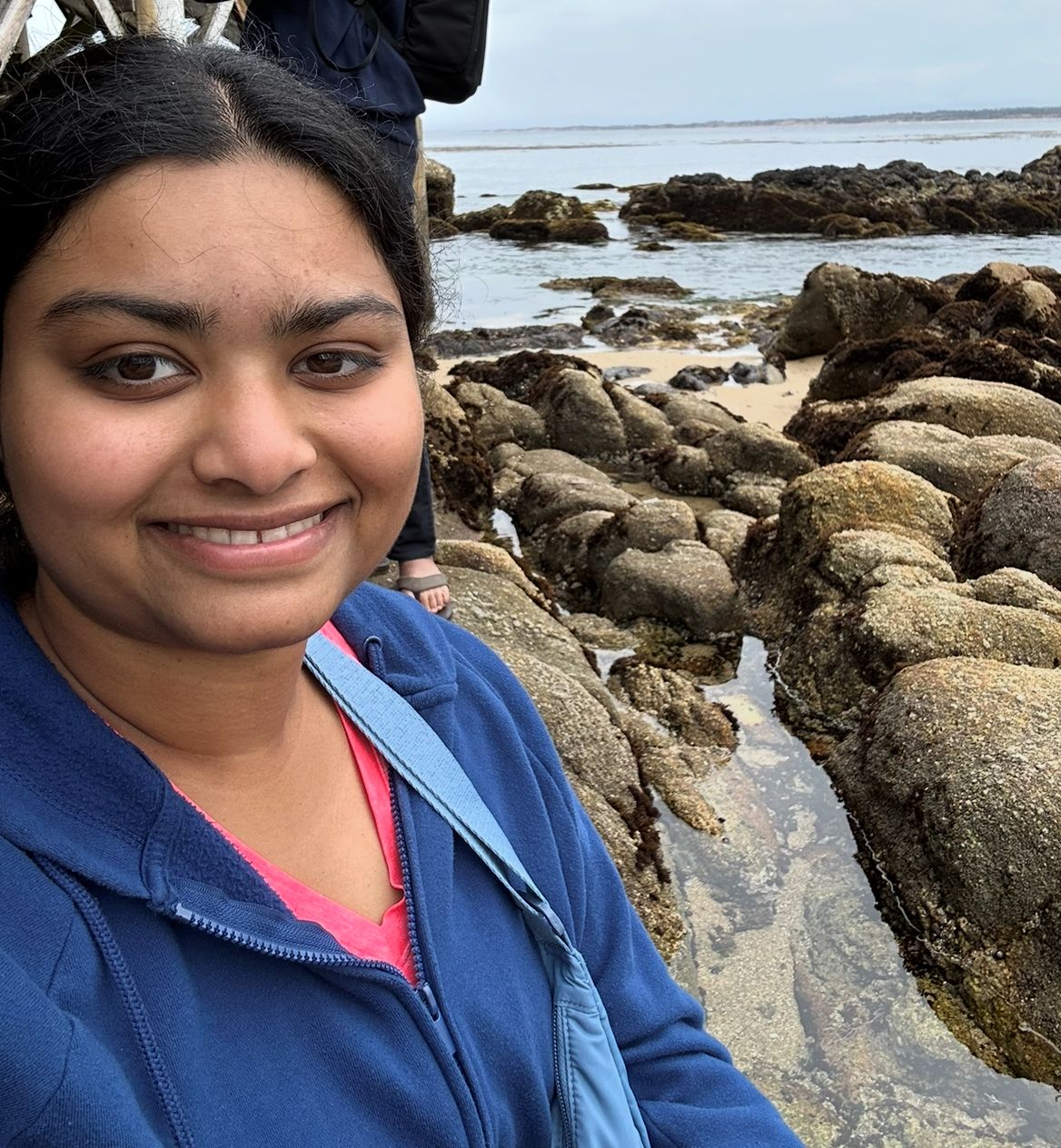Gain a Strong Foundation for Your Speech-Language Pathology Career
Calvin’s Certificate in Speech and Hearing Foundations provides the introductory knowledge and academic preparation you need for master’s-level study and a future career in speech pathology and audiology.
Our 100% online curriculum introduces the principles of speech, language, and hearing in a flexible format. You will study topics like anatomy and physiology, phonetics, and child language development. After finishing the program, you will be prepared to pursue advanced study in a program like Calvin’s Master of Arts in Speech-Language Pathology.
Applicants desiring to pursue a master's in speech-language pathology should note there are also non-communication sciences and disorders prerequisites required for admission to graduate programs. Please see ASHA's website for more information.
Gain Admission to the Master's Program
Calvin University offers a unique opportunity for students in the Certificate in Speech and Hearing Foundations (CSHF) program. Upon successfully meeting specific program requirements, students are guaranteed a seat in the distance education (DE) mode of the Master of Arts in Speech-Language Pathology program.
To retain their guaranteed seat status, students must:
- Earn a B+ or higher in all courses in the CSHF on the first attempt
- Obtain a recommendation letter from an instructor in the CSHF program
- Have an undergraduate GPA of 3.0 or higher
- Apply to the DE mode of the master’s program via CSDCAS
Conditional admission will be for the fall semester of the calendar year following the start date of the CSHF. Students who do not meet these criteria are still encouraged to apply to the master's program.
Program Highlights
- 100% online coursework
- Expert faculty
- 8-week courses
- Loading...
Students are required to complete courses in the following sequence unless they are granted permission from the program director: SPAUD 210, SPAUD 216, SPAUD 212, SPAUD 311, SPAUD 344, SPAUD 371.
- Total cost: $15,360
- Three start dates per year
- Up to three transfer credits accepted
- Faith-based approach to learning
Duration
Cost per credit
Total credit hours
Total courses


Gain Relevant Knowledge for Your Next Step
The curriculum focuses on understanding and articulating the relationship between receptive and expressive communication. Through six courses, you’ll study how humans learn a language, learn how to transcribe speech sounds, and discover the impact of hearing on speech, language, and reading development.
To receive the Certificate in Speech and Hearing Foundations, we require that students earn a 3.0 overall GPA for the six courses.
According to the U.S. Bureau of Labor Statistics:
Careers and Outcomes
Graduates of this program are prepared to pursue master’s studies in speech-language pathology, which will provide the entry-level education needed to practice in the field.
Admissions Details
We’ve designed our application process to be quick and easy so that you can get on track to meeting your educational goals sooner. If you have questions or need guidance along the way, our admissions team is here to help (contact Robin Wait, robin.w@calvin.edu).
Here’s what you need to apply:
- Completed online application
- Completed or in-progress bachelor’s degree from a regionally accredited institution
- Official transcripts sent to Calvin University
- No minimum GPA for admission

Online Visits
We regularly host virtual information sessions. Check the list to see what's coming up!
I loved my experience in the certificate courses. My interest in speech really helped me to succeed and navigate the challenges of doing the certificate program while working full time.

Have questions? Contact us!
FAQs
Calvin offers classes starting at three times during the year (fall, spring, summer). See the academic calendar at https://calvin.edu/academic-calendar . Your application to the certificate program must be completed at least two weeks prior to starting your first course.
Students must earn a 3.0 overall GPA for the six courses to earn the Certificate in Speech and Hearing Foundations.
Yes, the Certificate in Speech and Hearing Foundations may accept up to three transfer credits from previous academic experience.
No, prior work experience is not required for admission.








